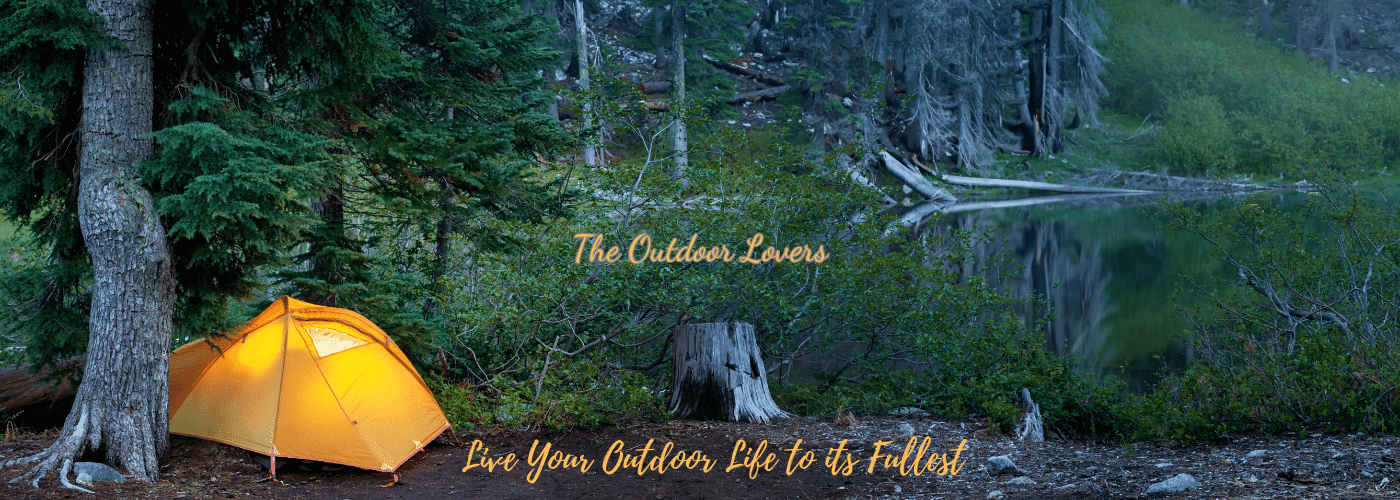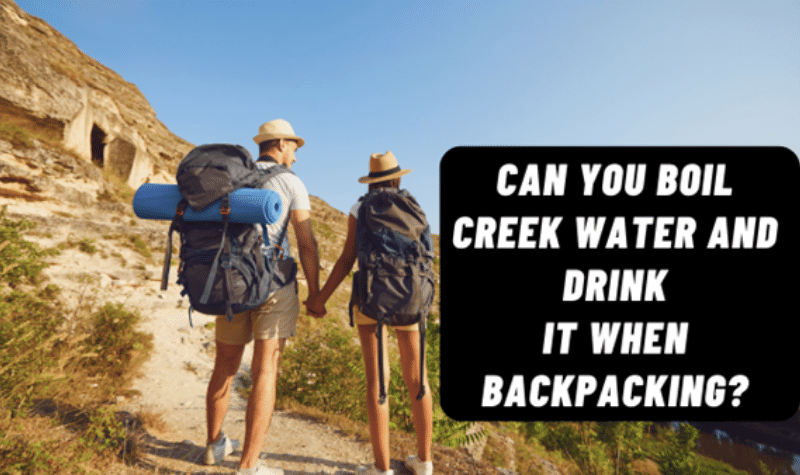Water is essential for human survival, and this becomes especially apparent when one is out backpacking. When backpacking, one must carry enough water to last them through the hike, which can be cumbersome. However, carrying enough water is only sometimes an option, and backpackers may need to rely on natural water sources such as creeks and streams.
But can you boil creek water and drink it when backpacking? The answer is more complex than yes or no. While creek water may look clean and pure, it can be contaminated with harmful bacteria, viruses, and parasites that can make you sick. Therefore, purifying water from natural sources is essential before drinking it.
Can You Boil Creek Water and Drink it?
Boiling creek water can be useful for obtaining safe drinking water in certain situations. The process of boiling water involves heating it to a high temperature, which kills bacteria and viruses that may be present in the water. This can be particularly useful in areas with limited access to clean water or in emergencies where water sources may be contaminated.
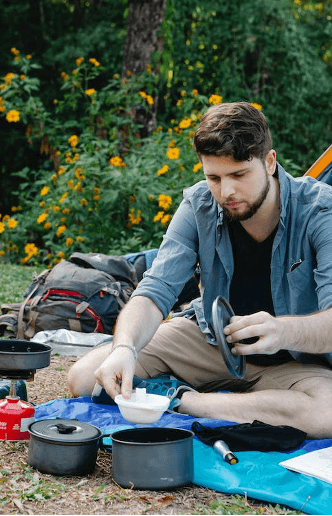
To boil creek water, you will need a heat source such as a stove or fire, a pot or kettle, and creek water. It is essential to ensure that the water is brought to a rolling boil and kept at that temperature for at least one minute to destroy all bacteria and viruses.
One of the potential drawbacks of boiling creek water is the taste. Boiling can alter the taste of the water and make it less palatable. However, you can address this issue by adding flavoring such as tea or coffee or allowing the water to cool and then chilling it before drinking.
Another potential drawback is the time required. Boiling creek water can take time and may not be feasible in some situations where immediate access to clean water is needed. It is also important to note that boiling does not remove other contaminants, such as chemicals or heavy metals, so it may not be effective in all situations.
Circumstances, where boiling creek water might be necessary, include limited access to clean water, such as when camping or hiking in remote areas. In emergency situations, such as natural disasters or power outages, boiling water may be necessary to ensure a safe water supply.
Risks Associated With Drinking Creek Water
Drinking water straight from the creek is tempting when you’re backpacking in the wilderness. However, doing so can put you at risk for a number of potential contaminants, such as bacteria, viruses, and parasites. These tiny organisms can wreak havoc on your digestive system and lead to serious illnesses.
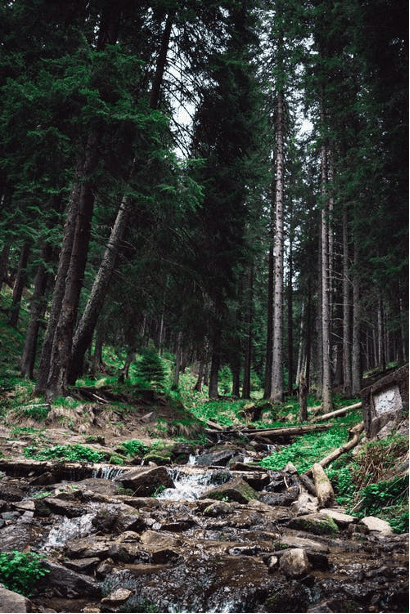
One of the dangers associated with consuming contaminated water is dehydration. This may seem counterintuitive, as you’re drinking water, but the presence of harmful bacteria and viruses can cause your body to lose fluids more quickly than it can absorb them. This can leave you feeling weak and fatigued, and in extreme cases, can even be life-threatening.
Another risk is the potential for long-term health problems. Certain types of bacteria and parasites can cause chronic infections that can have serious consequences for your health down the line. For example, giardia, a type of parasite commonly found in creek water, can cause long-term digestive issues if left untreated.
That’s why investing in a good water filtration system is so important when you’re out in the wilderness. These devices are designed to remove harmful contaminants from the water, ensuring you can safely hydrate yourself without risking your health.
Backpacking Water Filters
Backpacking water filters are essential for outdoor enthusiasts who need access to safe drinking water while on the go. Various types of backpacking water filters are available in the market, including pump filters, gravity filters, and squeeze filters, each with its own advantages and disadvantages.
Pump filters are one of the most popular types of backpacking water filters. They work by forcing water through a filtration membrane using a hand pump. These filters effectively remove most waterborne bacteria and protozoa, making them a reliable option for backcountry trips. However, they can be heavy and bulky, making them less than ideal for ultralight backpacking.
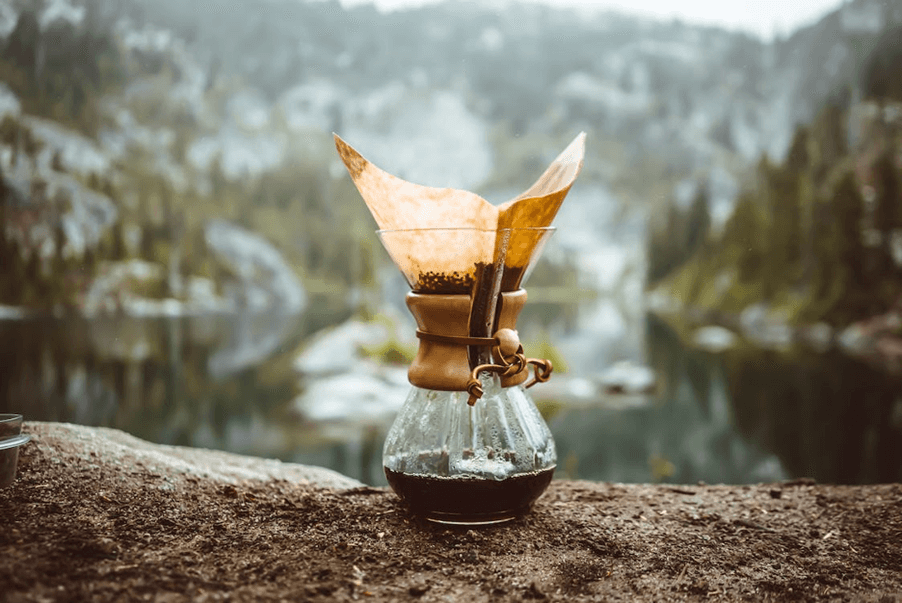
Gravity filters are another popular option for backpackers. These filters use gravity to force water through a filtration membrane. They are lightweight and easy to use, making them an excellent option for backpackers who value simplicity and convenience. However, they are not as effective as pump filters at removing certain types of contaminants, such as viruses.
Squeeze filters are a newer type of backpacking water filter that has recently gained popularity. These filters work by squeezing water through a filtration membrane using a handheld device. They are lightweight, compact, and easy to use, making them an ideal option for ultralight backpacking. However, they can be less effective at removing contaminants than pumps or gravity filters.
When choosing a backpacking water filter, there are several considerations to keep in mind. These include the type of trip you are taking, the water sources you will encounter, and your personal preferences. For example, if you are planning a multi-day backpacking trip, a pump or gravity filter may be a better option than a squeeze filter, which may not be as effective at filtering large volumes of water. Additionally, if you encounter water sources with high levels of contaminants, you may want to choose a filter with a higher level of filtration.
Additional Resources
If you are looking for more tutorials, walkthroughs and troubleshooting about camping and enjoying the outdoors, here are some additional posts to check out:
Conclusion:
When trekking through the great outdoors, creek water can serve as a dependable source of hydration. However, consuming it directly without proper purification can lead to dire consequences. Although boiling the water can make it drinkable, relying solely on this technique is not recommended. To ensure safe drinking water, exploring other purification options and exercising caution when selecting a water source in the wild is crucial. Failure to do so can result in debilitating sickness while navigating through the rugged terrain. Thanks For Reading, if you think I forgot something or if you simply want to share a story or some advice, feel free to leave your comment below… for now, have fun and be safe.!
